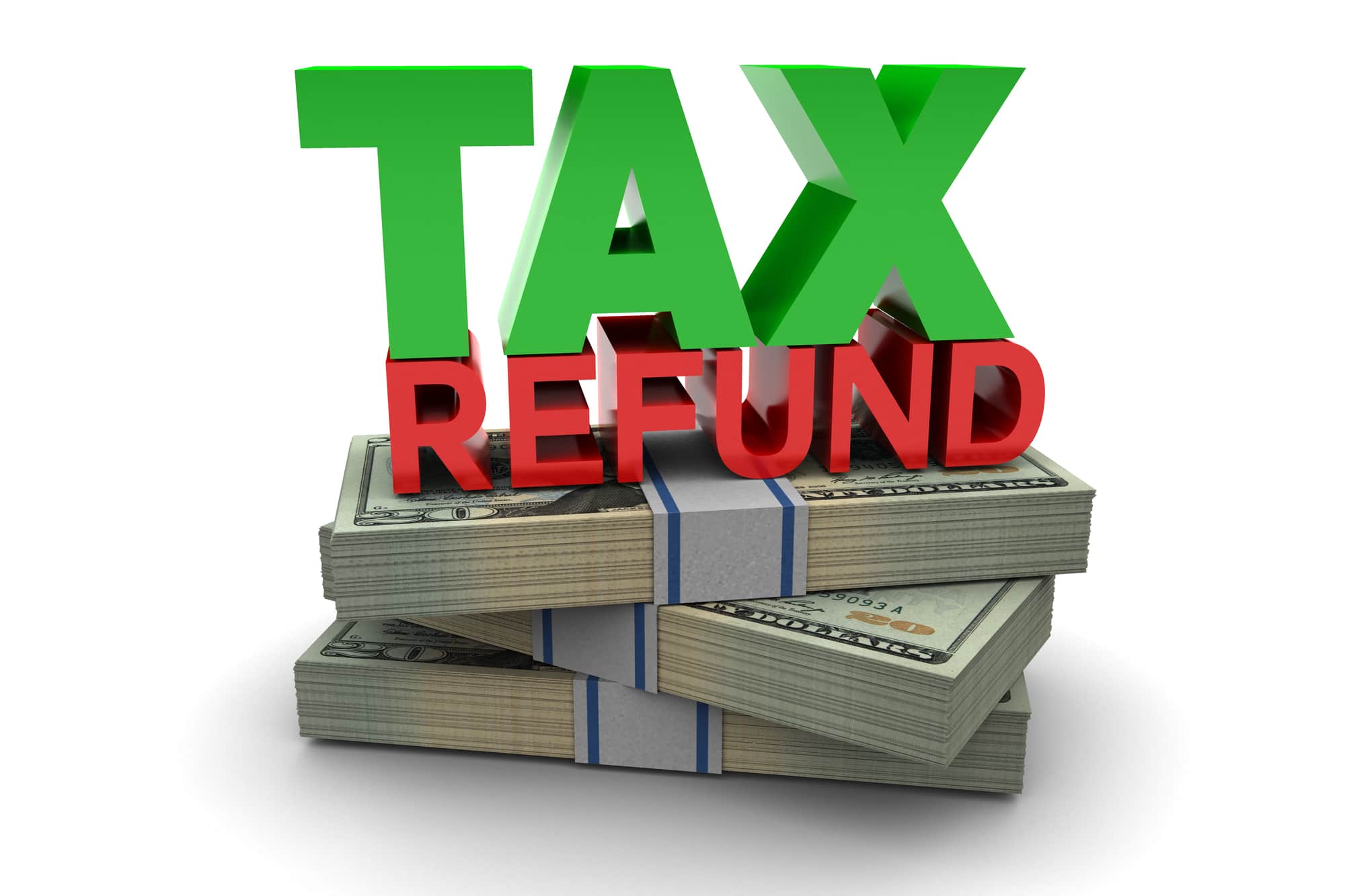Country Wise Reporting & Economic Substance Regulations and its Impact in UAE
Tax-related changes and their impact in UAE:
In December 2017, the European Union added UAE to the list of Tax Haven blacklist nations. The list includes those nations which have shortfalls in the implementation of a well-established tax economy. Base Erosion and profit shifting was common tax planning tool used by Multinational entities to avoid tax from a high jurisdiction to a low or no tax jurisdiction. The United Arab Emirates (UAE) joined the Base Erosion and Profit Shifting Inclusive Framework (BEPS IF) on 16 May 2018 and a minimum standard for parts of the International Tax System was agreed to be implemented. The introduction of value-added tax (VAT) was the first step towards building a tax economy. In order to raise the Tax System in UAE up to the international standards, UAE has opted for two new regulations.
- Economic Substance Regulation
- Country by Country Reporting
What is Economic Substance Regulation?
On 30 April 2019, the UAE Cabinet issued the Cabinet of Ministers a Resolution No.31 of 2019 (concerning economic substance regulations in the UAE, “the Regulations”), this was introduced with the aim of confirming that the relevant entities are carrying out an activity in the state that achieves economic substance interest within the UAE. This would eradicate the possibility that businesses aren’t been operated on a paper basis.
Application of Economic Substance Regulation
The above-mentioned tax-related changes apply to all UAE onshore and free zone companies that carry on a “Relevant Activity”. The following are considered as “Relevant Activities” under the Regulations:
- Banking Business
- Insurance Business
- Investment Fund Management Business
- Lease-Finance Business
- Headquarters Business
- Shipping Business
- Holding Company Business
- Intellectual Property Business
- Distribution and Service Centers Business
A Relevant Entity (as per resolution) will be required to report certain Information on its “Relevant Activities” on an annual basis to their respective regulatory authority.
Impact of Economic Substance Regulation Law on Business in UAE
The impact of the Economic Substance Regulation can be assessed only on a wider basis. For the Relevant Entities carrying a “Relevant Activity” it would just suffice to file a report based on the Regulations requirement. The involvement of FTA will be now more influential as compared to earlier. The disclosure of the value of incomes and expenses from each operation would mean that the Regulatory Authority would have a summary of the results of each entity. This would make sure that the corporates won’t be able to shift the profit generated by it without corresponding to local economic activities.
Any multinational Company or Group which has its operations being outsourced to a third party would be affected as now the management, supervision and no of employees of Relevant Activity would require to be reported. Therefore now they have to restructure their governance model to incorporate tax-related changes in light of the UAE economic substance requirements in order to be sure that regulations are in compliance.
What is Country by Country Reporting (CbCr)?
On 30 April 2019, the UAE Cabinet issued the Cabinet of Ministers Resolution No.32 of 2019 on Country by Country Reporting (“CbCR”). The resolution places a requirement on MNEs with an ultimate parent entity (“UPE”) which says that a tax resident in the UAE, needs to file a CbC report within 12 months after the end of the financial reporting year.
Application of CbCr
The applicability of CbCr shall apply to Multinational Entity groups whom
- with consolidated revenues of at least AED 3.15 billion (approximately United States Dollars (USD) 857 million) in the financial year immediately preceding the reporting period, and
- if the ultimate parent entity (UPE) of the MNE group is resident in the UAE; or
- if a UAE-resident constituent entity (CE) of the MNE group (with its UPE outside the UAE) is nominated as the Alternate Parent Entity (APE); or
- if the MNE group has a UAE-resident CE, which is neither the UPE nor an APE.
Impact of CbCr law on business in UAE
The introduction of this rule is supposed to send a strong message to the International Tax Community about the UAE’s commitment to adopt new legislation to combat BEPS and to replace its status from being a Tax Haven Jurisdiction.
Again the qualifying MNEs falling under the rules would require them to make an additional disclosure on a yearly basis to the Regulatory Authority. This will make MNEs’ financial statements subject to more scrutiny. With recent tax-related changes along with other multiple regulations, the UAE is making all efforts toward maintaining the highest international standards of taxation. Multinational companies without stringent tax systems in place may face a number of issues in the long run, including high-risk financial errors and misstatements, lack of a well-established audit trail to trace transactions etc.
The blog post-Economic Substance Regulation and Country Wise Reporting in UAE is written by Mr. Nadeem, Tax Advisor at Flying Colour Business Setup, Accounting & Tax Services in Dubai & across UAE. Feel free to call for more details on your queries. Please send inquiry to info[at]flyingcolour[dot]com or call +971 4 4542366








